At the invitation of Prime Minister of the Republic of India Narendra Modi, Prime Minister Pham Minh Chinh paid a State visit to India from July 30 to August 1, 2024. Accompanying Prime Minister Pham Minh Chinh was a high-ranking delegation including many Ministers and leaders of Vietnamese departments, ministries, branches and agencies.
On August 1, 2024, Prime Minister Pham Minh Chinh attended the official welcoming ceremony at the Presidential Palace; laid a wreath at the Mahatma Gandhi Memorial; attended talks and a reception hosted by Prime Minister Narendra Modi; and together with Prime Minister Narendra Modi, witnessed the exchange of bilateral cooperation documents and met with the press. Prime Minister Pham Minh Chinh met with President Droupadi Murmu, Vice President and Chairman of the Senate Jagdeep Dhankhar, and received Foreign Minister S. Jaishakar. Prime Minister Pham Minh Chinh also laid flowers at the statue of Uncle Ho at the G20 park, delivered a policy speech at the Indian Council of World Affairs, attended and spoke at the Vietnam - India Business Forum, and received Indian businesses.

On political relations
The talks between Vietnam and India took place in a warm and friendly atmosphere. Prime Minister Pham Minh Chinh congratulated Prime Minister Narendra Modi on his historic victory for a third consecutive term and expressed his belief that under the wise leadership of Prime Minister Narendra Modi, India will continue to develop strongly and play an increasingly important role and position in the international arena.
The two Leaders highly appreciated the long-standing friendship and traditional relations between India and Vietnam and expressed satisfaction at the strong development of bilateral relations since the two countries upgraded their relations to Comprehensive Strategic Partnership in 2016. The two sides agreed to continue to effectively implement the results of recent high-level visits and contacts, including the Vietnam-India Joint Vision Statement on Peace, Prosperity and People 2020 as well as the outcomes of this important visit.
The two leaders agreed that the current geopolitical situation requires closer cooperation between Vietnam and India. They noted many similarities in world vision and expressed support for a greater voice and role for Southern countries in international relations. The two leaders agreed to further strengthen the Vietnam-India Comprehensive Strategic Partnership in all areas.
On the basis of the good development of bilateral relations, the two sides agreed to regularly maintain high-level visits and exchanges at all levels.
The two Leaders appreciated the diverse cooperation mechanisms between the two countries in the fields of diplomacy, security and maritime cooperation, defense cooperation, exchanges between legislative bodies, trade and investment, agriculture, health, civil aviation, information and communication technology, science and technology, including atomic energy and space, tourism and culture, etc. and agreed to strengthen bilateral dialogue in these areas, including the Vietnam-India Joint Commission on Economic, Trade, Scientific and Technological Cooperation for mutual benefit. The two Leaders welcomed the signing of the Action Plan to implement the Comprehensive Strategic Partnership for the period of 2024-2028.
Economic, trade and investment cooperation
As two rapidly growing economies, the two Leaders agreed to promote government-business cooperation to enhance bilateral trade and investment as well as technological partnerships. They agreed to work more closely in removing trade barriers to facilitate and boost bilateral trade growth beyond the current level of US$15 billion. They agreed to review the India-ASEAN Trade in Goods Agreement to make it more user-friendly, simpler and more conducive to trade between the two countries.
The two sides agreed to continue efforts to promote bilateral investment flows. Vietnam welcomes investment from India in the fields of infrastructure, high technology, source technology, clean technology, information technology, supporting industries and manufacturing, garments, automobile and raw materials, green agriculture, smart agriculture, innovation and startups, semiconductors, energy conservation and renewable energy projects, electricity, biogas and polyester fibre, etc. in Vietnam. India welcomes investment from Vietnam in the fields of agriculture, agricultural processing, seafood, wood processing, information technology, battery manufacturing, infrastructure and urban development, bamboo and forestry products, travel and tourism, digital technology, electric vehicles, healthcare and services in India. These commitments aim to further strengthen economic cooperation between the two countries.
India welcomes Vietnam’s decision to join the Alliance for Disaster Resilient Infrastructure and the early completion of internal procedures to formally join the International Solar Alliance. Vietnam highly appreciates India’s initiative on the Global Biofuels Alliance.
As two coastal countries in the region, the two Leaders agreed to promote cooperation in the fields of oceanography, marine science and blue economy, as well as capacity building in this field. The two Leaders reaffirmed mutually beneficial cooperation in the oil and gas sector, including exploration and exploitation activities in Vietnam's continental shelf.
The two sides agreed to increase experience sharing in developing regulations and policies to support the promotion of e-commerce and the digital economy; support businesses of both sides to participate in digital platforms and e-commerce to take advantage of e-commerce in enhancing export capacity and participating in regional and global value chains in a sustainable manner. The two leaders also encouraged relevant agencies of the Government and businesses of the two countries to explore cooperation opportunities in green economy, circular economy, digital economy and important industries such as rare earths, semiconductors, and nanomaterials.
Defense and security cooperation
The two Leaders welcomed the effective implementation of the Joint Vision on Vietnam-India Defence Cooperation to 2030 and the enhanced defence cooperation between the two countries in recent years in training and capacity building, sharing of best practices, training, defence policy dialogue and defence industry cooperation. The two Leaders agreed to further strengthen defence cooperation based on common priorities and interests, contributing to greater stability in the Indo-Pacific region.
The two sides agreed to continue to strengthen cooperation in a number of areas such as human resource development, maintaining coordination in peacekeeping operations, hydrography, cyber security, information sharing, strategic research, maritime security and safety, search and rescue operations, humanitarian assistance, disaster management, rescue and emergency relief.
The two Leaders agreed to promptly promote the implementation of the Agreement on Hydrology and establish a Joint Commission on this issue.
The two Leaders welcomed the signing of two projects using the US$300 million concessional credit package granted by the Government of India to the Government of Vietnam.
Creative, scientific and technological cooperation
The two Leaders reaffirmed the importance of digital technology and encouraged the establishment of a framework to promote bilateral cooperation in the field of financial innovation and digital payments between Vietnam and India.
Recognizing the national priorities of both countries in digital transformation and energy transition, the two Leaders agreed to encourage increased exchanges and cooperation in areas such as digital infrastructure, space technology applications, renewable energy, biotechnology and disaster resilience technology.
The two Leaders expressed their satisfaction with the cooperation in the field of peaceful uses of nuclear energy and agreed to further enhance opportunities for deeper cooperation as discussed at the 3rd Session of the Vietnam-India Joint Commission on Civil Nuclear Cooperation.
The two sides welcomed the progress in the project to establish an India-ASEAN Satellite Tracking Centre, Data Collection Station and Data Processing Facility in
Vietnam.
Cultural cooperation, tourism and people-to-people exchange
The two Leaders appreciated development cooperation under the framework of the Mekong-Ganga Cooperation through quick impact projects and training cooperation, education scholarships under the Indian Technical Cooperation (ITEC) Programme. The two Leaders appreciated the establishment of a High Performance Centre for Development and Training at the Ho Chi Minh City Post and Telecommunications Institute and a Military Software Park at Nha Trang University of Telecommunications with the support of the Government of India.
The two Leaders encouraged more research, training and student exchanges between universities, academics and research institutes of the two countries within the framework of India’s vision of “Viksit Bharat @ 2047” and the vision of “Vietnam as a developed, high-income country by 2045”. The two Leaders also supported cooperation between research institutes on issues of interest to the countries of the South.
The two Leaders appreciated the increase in the frequency of direct flights between the two countries, contributing to the increase in two-way passenger and tourism volume; and encouraged further enhancement of connectivity and tourism between Vietnam and India.
Building on the historical and heritage links between the two countries, the two Leaders supported further exchanges of Buddhist students and dignitaries, pilgrims, students and the development of Buddhist and religious institutes and facilities. Vietnam highly appreciated India’s commitment to the restoration and conservation of the World Cultural Heritage Site of My Son and the activities of the Archaeological Survey of India at the A, H and K stupa groups, as well as the upcoming F stupa group.
India appreciates Vietnam's support in organizing the annual International Yoga Day in many provinces and localities of Vietnam.
The two leaders supported further cooperation between yoga institutions of the two countries and bilateral exchanges in the field of traditional medicine, including medicinal plants. The two leaders also agreed to enhance cultural exchanges and media cooperation between the two countries.
Regional and international cooperation
The two sides agreed on ASEAN’s central role in the evolving regional architecture for peace, stability and prosperity of the region. They supported further strengthening of the ASEAN-India Comprehensive Strategic Partnership, thereby complementing bilateral relations with each member country. The two leaders highly appreciated the ASEAN-India Joint Statement on Cooperation in Implementing the ASEAN Outlook on the Indo-Pacific (AOIP) for Peace, Stability and Prosperity in the Region, which contributes to promoting cooperation opportunities between the AOIP and India’s Indo-Pacific Initiative. The two leaders agreed to continue to strengthen cooperation and mutual support at all multilateral forums. India highly appreciated Vietnam’s consistent support for India to become a permanent member of the United Nations Security Council when this body is reformed.
Emphasizing the relationship between security and prosperity, the two Leaders reaffirmed the importance of maintaining peace, stability, security and freedom of navigation and aviation in the East Sea, peacefully resolving disputes in accordance with international law, especially the 1982 United Nations Convention on the Law of the Sea (UNCLOS), without threatening or using force. The two Leaders emphasized the importance of non-militarization and self-restraint, and that sovereign states and other countries should not take actions that may further complicate the situation and affect peace and stability. The two Leaders emphasized that UNCLOS is the legal framework governing all activities at sea and in the ocean, and is the basis for determining the scope of maritime zones, sovereign rights, jurisdiction and legitimate interests over maritime zones. The two leaders continued to call for the full and effective implementation of the Declaration on the Conduct of Parties in the East Sea (DOC) and the early conclusion of a substantive and effective Code of Conduct in the East Sea (COC), in accordance with international law, especially UNCLOS, and without affecting the legitimate rights and interests of countries, including countries not participating in the negotiations.
The two sides strongly condemned terrorism in all its forms and manifestations, including cross-border terrorism; stressed the importance of international cooperation in combating this threat, in accordance with international law, especially the United Nations Charter, and reaffirmed their commitment to join the common efforts of the international community.
The two Leaders welcomed the signing of bilateral cooperation agreements, set out in the attached annex.
Prime Minister Pham Minh Chinh thanked the Indian side for the warm welcome given to him and his delegation. The Prime Minister respectfully invited the Indian Prime Minister to visit Vietnam.
Under the witness of Prime Minister Pham Minh Chinh and Indian Prime Minister Narendra Modi, ministries, sectors and agencies of the two countries exchanged nine cooperation documents in the fields of health, law and justice, diplomacy, human resource training, agricultural science, radio and television, tourism, culture, the Action Program to implement the Comprehensive Strategic Partnership 2024-2028 and exchanged a diplomatic note on Vietnam's accession to the Coalition for Disaster Resilient Infrastructure (CDRI). The two sides adopted a Joint Statement on strengthening the Comprehensive Strategic Partnership and the two Prime Ministers pressed the button to inaugurate the Military Software Park in Nha Trang.
Source: https://kinhtedothi.vn/tang-cuong-quan-he-doi-tac-chien-luoc-toan-dien.html








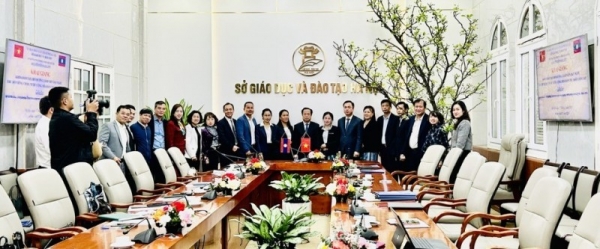
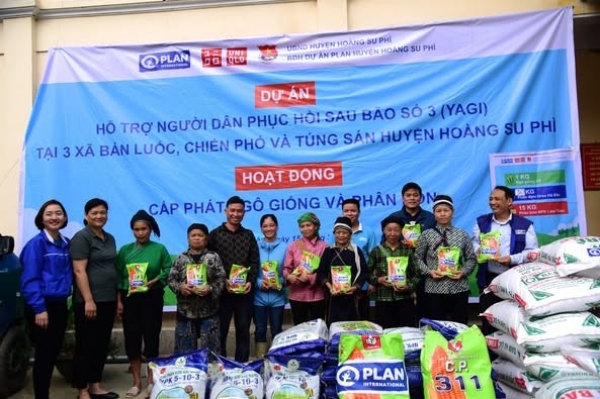
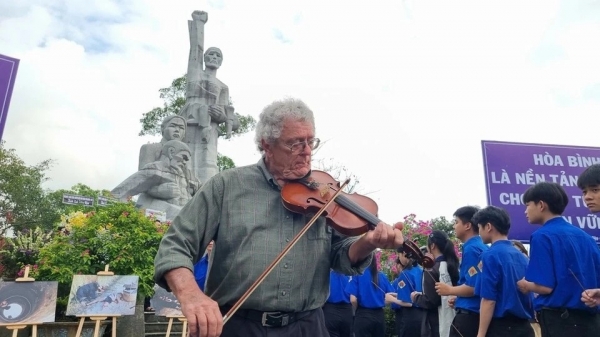

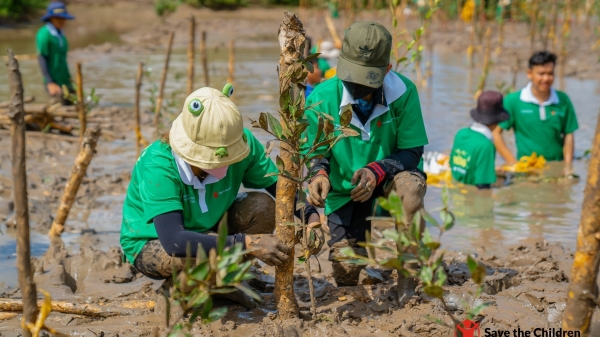
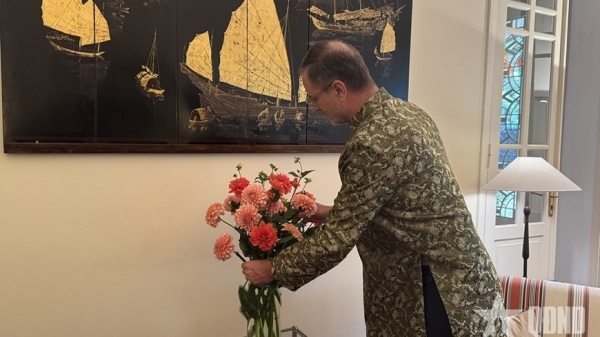






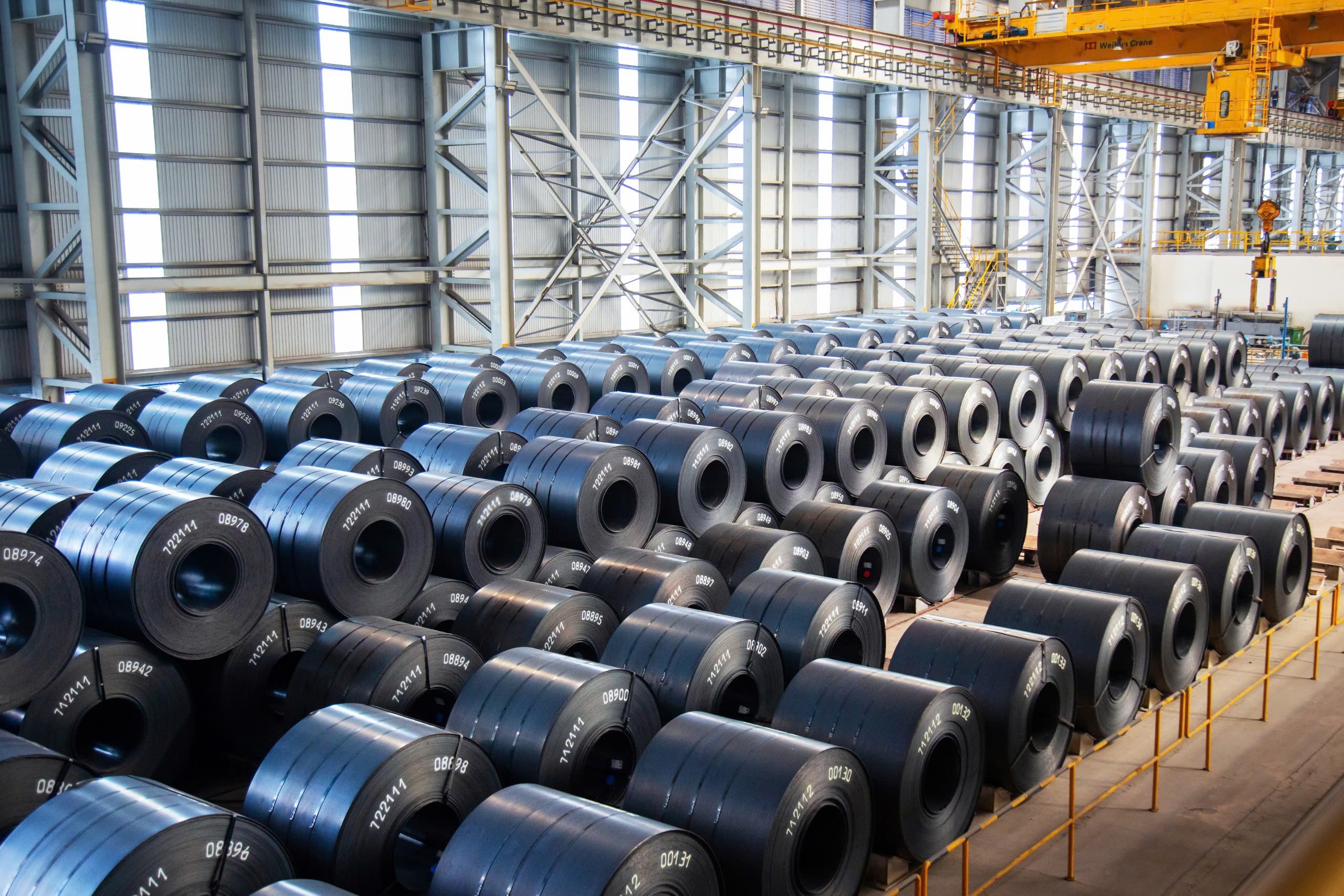
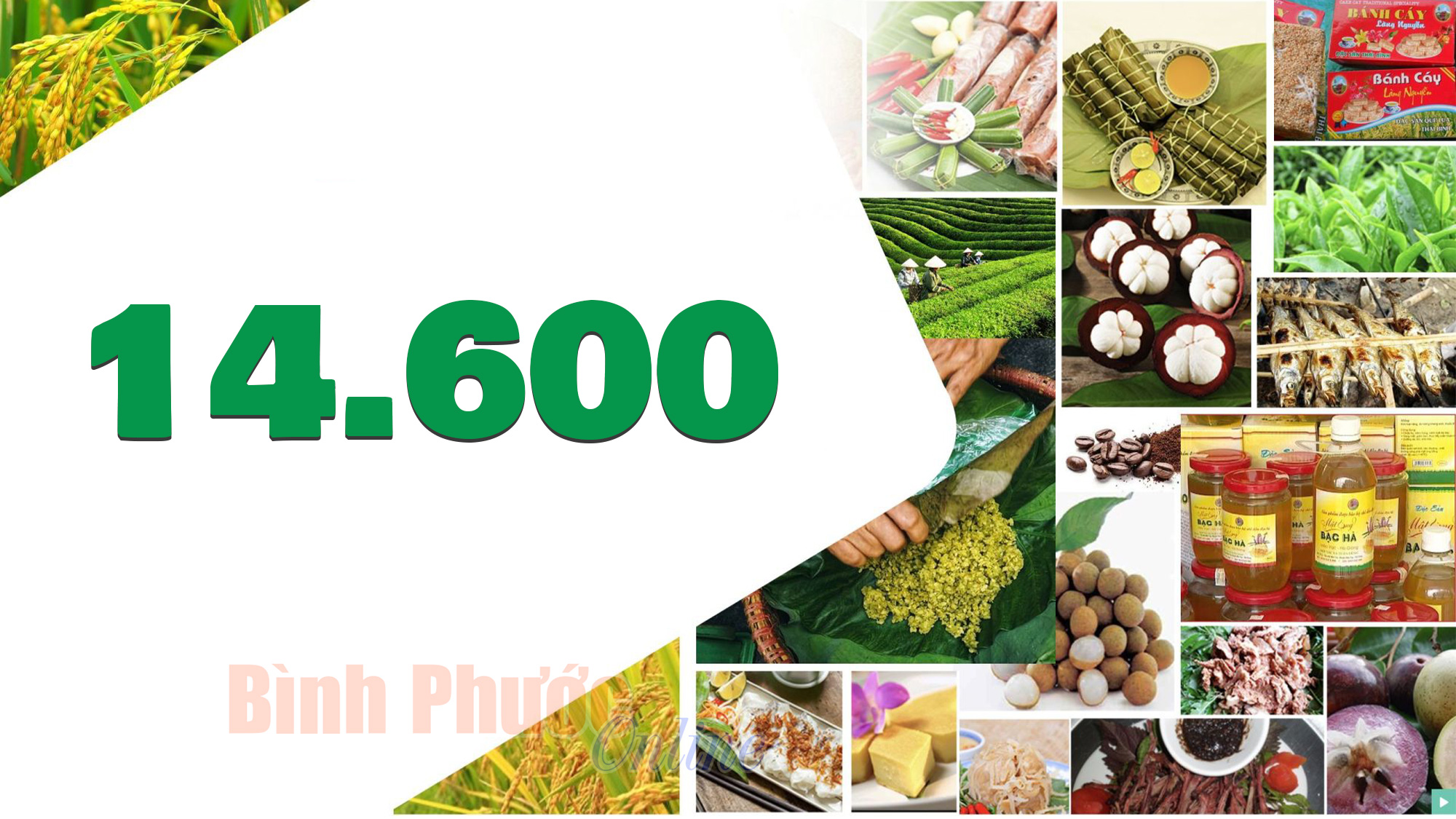
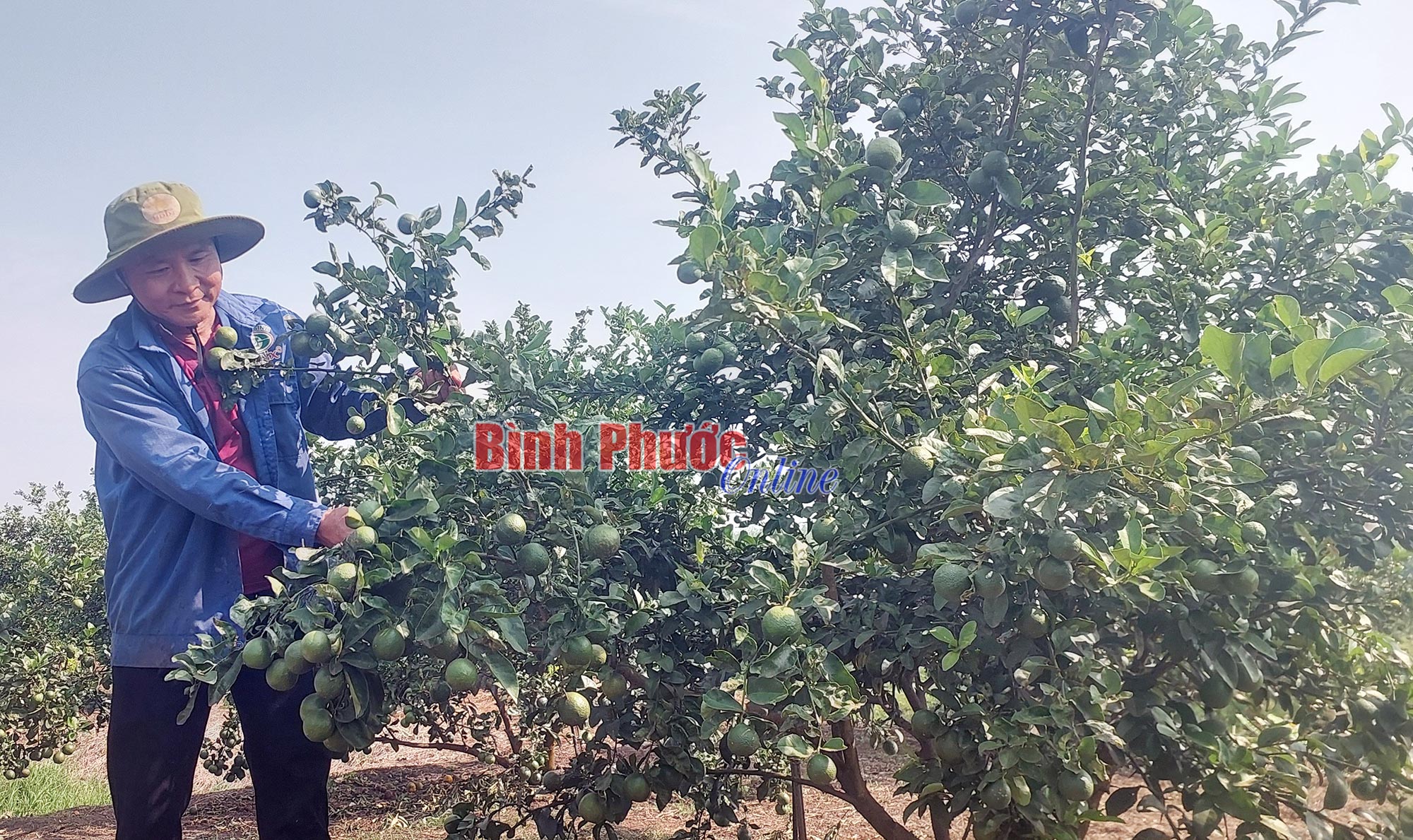
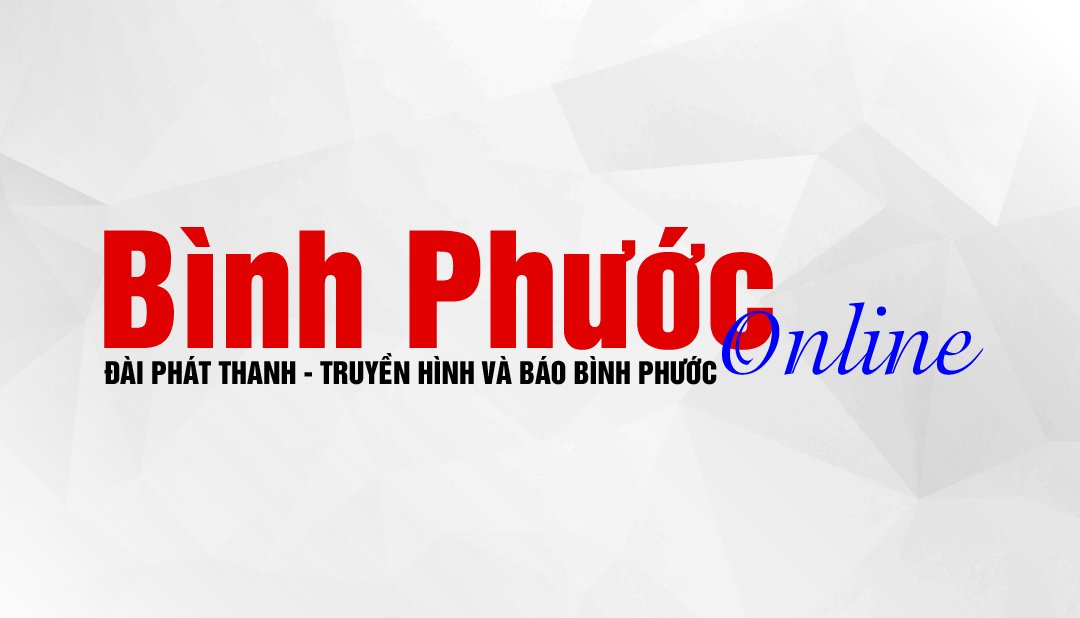
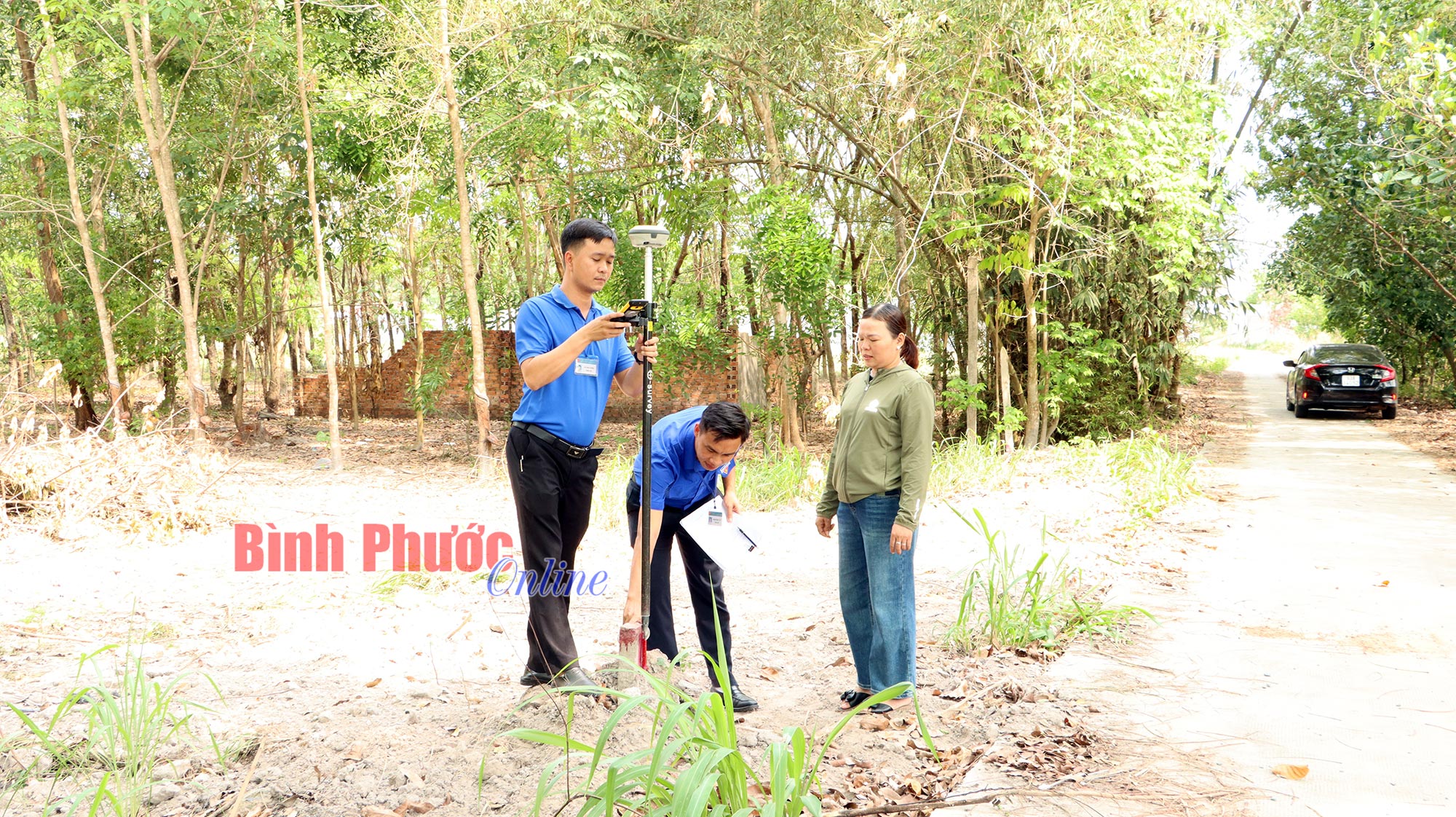
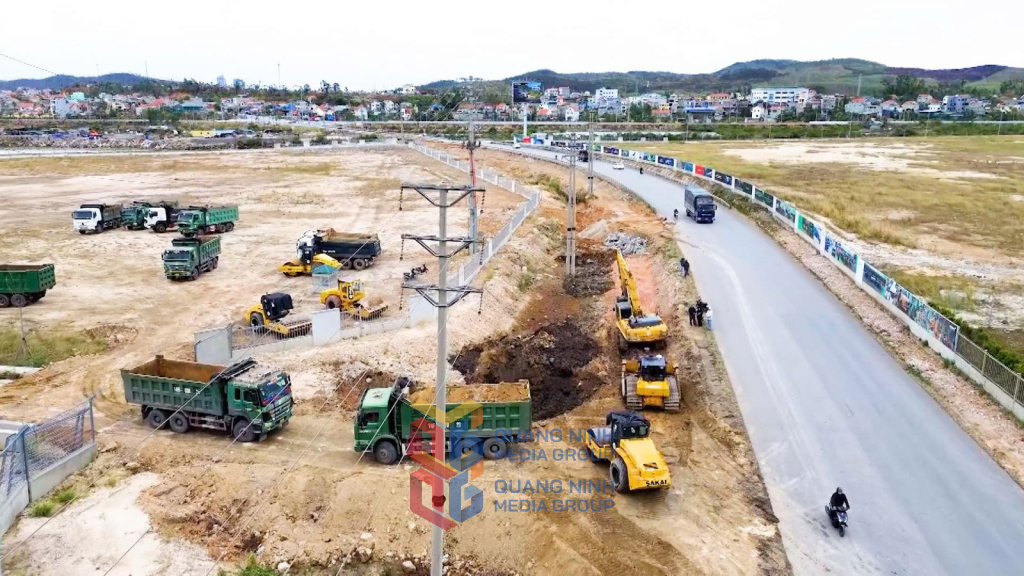

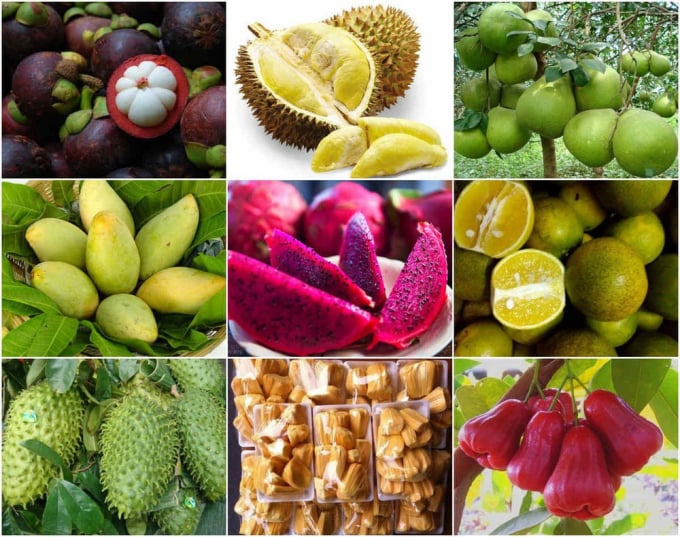
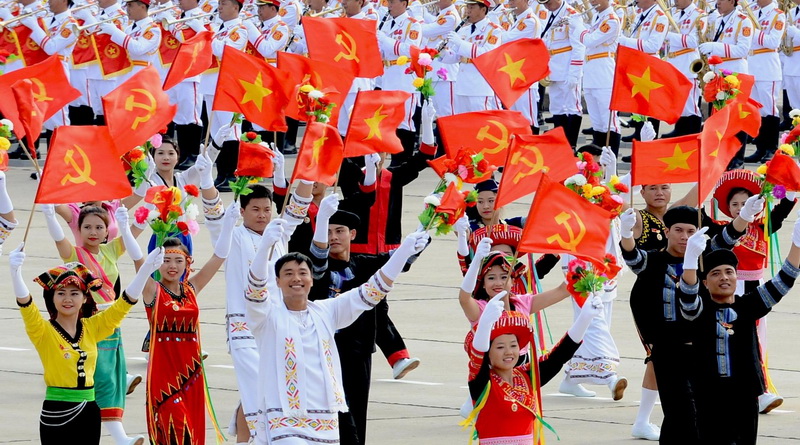
Comment (0)